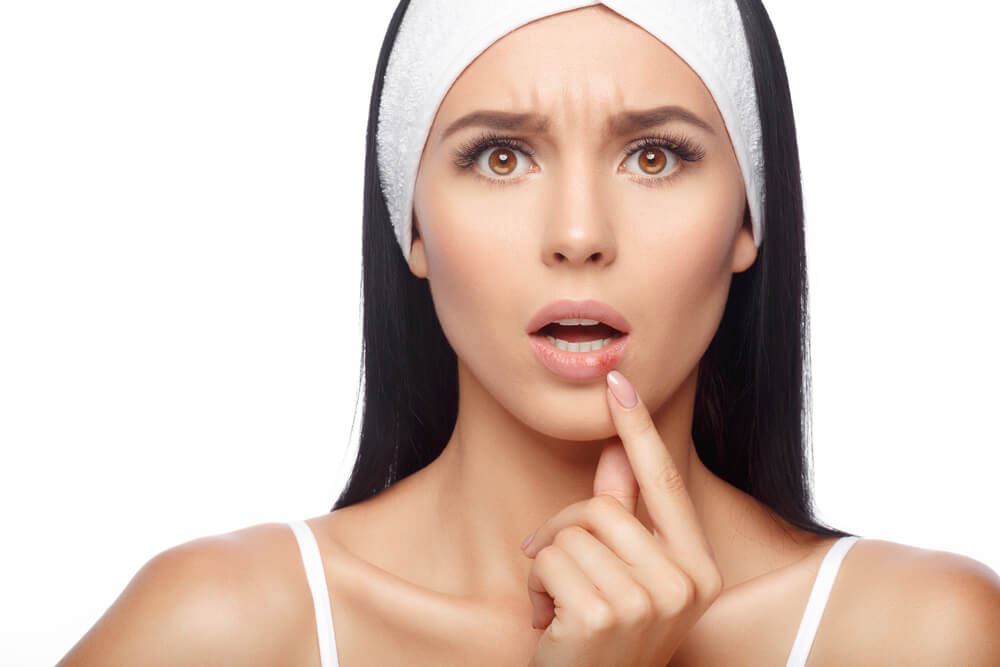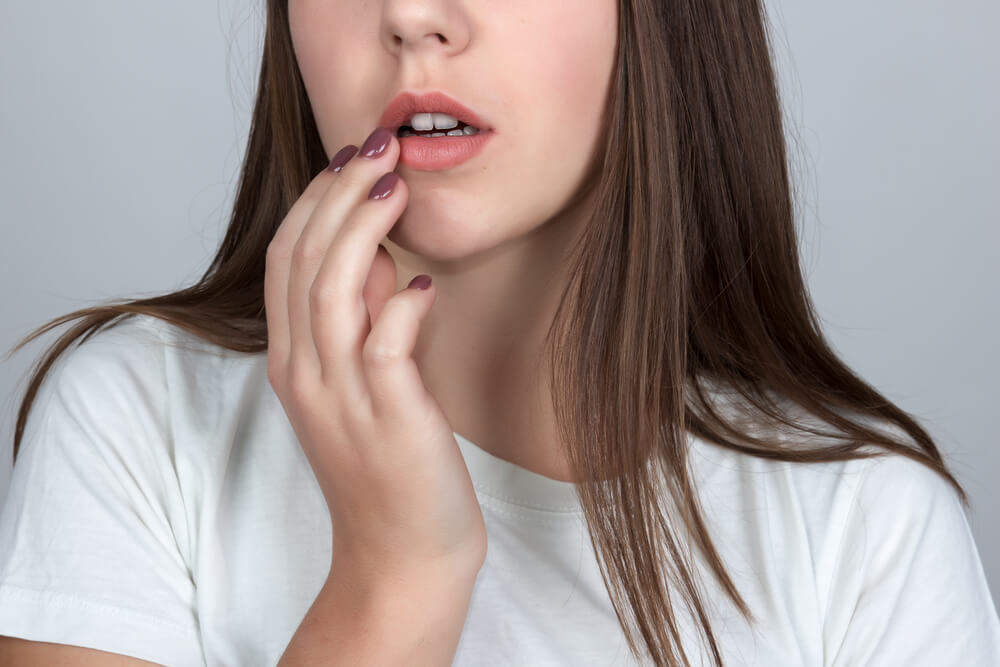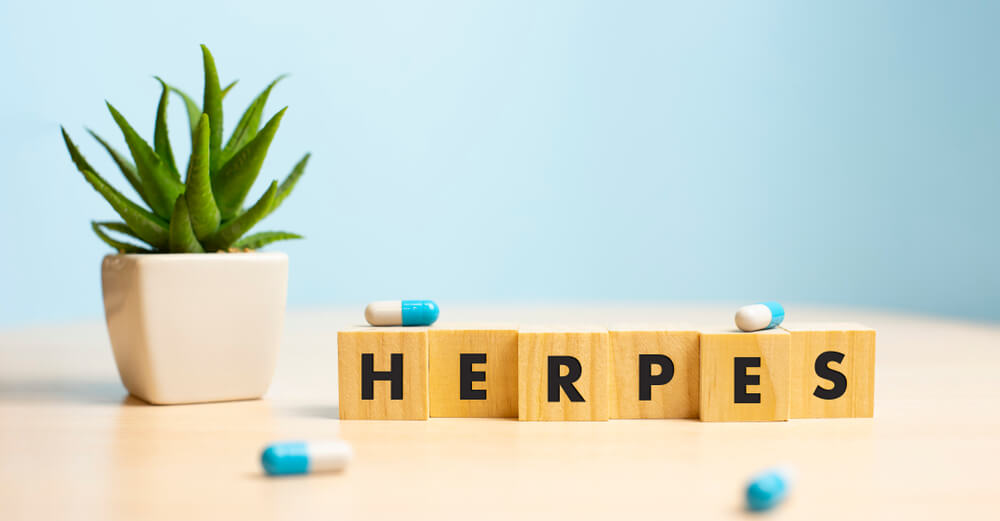If you’ve noticed round sores on your skin that feel itchy and uncomfortable, you may have chancroid or herpes. Considering that herpes can cause a burning, itching, and tingling sensation, it can wreak havoc on your self-esteem and everyday life.
So, what’s chancroid anyway? What’s herpes? How can you get rid of herpes? Most importantly, is there a cure for herpes?
This expert-approved article discusses everything you wanted to know about chancroid. Remember, there are different types of herpes, including oral and genital.
Fortunately, genital herpes vaccines in Hialeah may be the answer to your prayers. You may stay clear of this uncomfortable condition by following preventative methods and lowering your chances of getting herpes from an infected partner.
However, even if you already have the condition, there are some ways to get rid of herpes. Keep on reading to find out how.
What is a Chancroid?
Some people use the terms “chancroid” and “herpes” interchangeably, but these two are vastly different. Although both terms refer to round sores on the skin, the bacterium Haemophilus ducreyi causes chancroid, while the herpes simplex (HSV) types one and two cause herpes infections.
Moreover, chancroid is a painful and superficial ulcer usually affecting people in the Caribbean, Africa, and Asia. Usually, the symptoms are evident four to ten days after exposure to the bacterium—additional symptoms of chancroid include rectal bleeding, dyspareunia, painful urination, and pain with bowel movements.
What is Herpes?

Herpes, on the other hand, is a common condition resulting from infection with HSV or the herpes simplex virus. Patients with herpes experience itchy and painful round sores on the skin, usually around the mouth or the genitals.
There are two types of herpes simplex virus, HSV-1 and HSV-2. Patients with HSV-1 have oral herpes, while the latter refers to genital herpes. Usually, genital herpes is sexually transmitted, but HSV-1 is infectious too during oral sex.
An infection with the herpes simplex virus is incurable. That means that a patient with this condition will have herpes for the rest of their life. However, many people may have this condition without displaying symptoms or “flare-ups.” If the symptoms develop, they reflect the HSV type.
Is there a cure for herpes? Unfortunately no. However, you may opt for treatment to reduce the severity and the occurrence of symptoms. Moreover, by strengthening your immune system, flare-ups are less likely to develop.
If you have the herpes simplex virus, remember, you’re not alone. HSV is one of the most common viruses on the planet. According to statistics, approximately sixty-seven percent of people worldwide have herpes simplex infection type one, and around eleven percent suffer from type two.
That said, herpes is highly contagious. So, the chances of getting herpes from an infected partner are very high. However, transmitting infection is only possible when the flare-ups are active. Therefore, we recommend abstaining from sexual activity, kissing, and sharing utensils until the blisters fully heal. Otherwise, you may contract the infection via the fluid from the blisters.
Common Symptoms of Herpes
The usual symptoms of herpes (whether oral or genital) include a burning, itching, and tingling sensation, followed by blisters or sores forming around the genitals or the mouth. Typically, the symptoms develop two to twenty days after the herpes simplex virus exposure.
Patients with oral herpes may experience blisters, also referred to as cold sores or fever sores. These round sores on the skin develop around the mouth, nose, and lips. In some cases, blisters may form in other places on the face and even on the tongue. Without treatment, the sores usually last up to three weeks. However, medicines can shorten this healing period.
On the other hand, genital herpes occurs inside or around the vagina, on the penis, on the anus, on the glutes, or anywhere in the genital area. Besides itching, genital herpes can also cause vaginal discharge changes and pain during urination.
Sometimes, genital herpes sores can last up to six weeks.
Here are the primary symptoms of herpes (besides blisters and sores):
- Fever
- Swollen lymph nodes
- Itching and pain
- Fatigue
- Feeling unwell
According to researchers, about thirty-three percent of patients with oral herpes experience recurring symptoms. At the same time, the same is true for fifty percent of patients with genital herpes. Usually, the genital herpes recurrence symptoms last up to ten days. The patient may pass on the infection for up to five days during this recurrence period.
What Causes Herpes?
As mentioned, the leading cause of herpes is the herpes simplex virus. When the infection is present on the patient’s skin, it can easily pass from one individual to the next via contact with the skin. That said, you can’t get infected with the virus by touching a surface or an object such as a towel.
Here’s how you can get infected with herpes:
- Sharing sex toys
- Having anal or vaginal sex without using a condom
- Having any other contact (genital or oral) with an individual who has a flare-up
Also, during childbirth, a woman with active genital herpes sores can transmit the infection to the baby.
Is There a Cure for Herpes?
Sadly no, currently, there is no known cure for herpes. However, there are specific at-home remedies and medications you can take to alleviate and reduce the severity of herpes symptoms. Here are some excellent home treatments for herpes:
- Apply aloe vera gel to your sores
- Use ice to freeze the sore and decrease its size
- Dab cornstarch onto the affected area
- Apply petroleum jelly to the affected area
- Wear loose clothing to reduce irritation
- Refrain from all sexual activity, even with condoms (remember, the chances of getting herpes from an infected partner are high)
- Bathe in lightly salted water
How Can I Get Rid of Herpes?
You can take certain medications to get rid of a herpes outbreak. Consult a healthcare professional for expert guidance on antiviral medicines like acyclovir. This medication is excellent for preventing the virus from spreading and accelerating the healing process.
Other medications include over-the-counter treatments such as creams to manage pain, itching, and tingling. To lessen an outbreak’s duration, we recommend beginning treatment as soon as you feel a tingling sensation. If you use antiviral medication, the symptoms may disappear in only two days. Also, medicine is excellent for reducing the severity of herpes symptoms.
Preventing Herpes: Tips and Tricks

Making sure you consume a well-balanced, nutrient-dense diet is key to warding off future herpes outbreaks. In most cases, herpes simplex outbreaks occur due to weakened immunity. Stress, lack of sleep, and a poor diet rich in refined sugars and junk food can lower your immunity levels. Therefore, we encourage you to make positive lifestyle and dietary changes today. Choose vegetables full of antioxidants such as spinach, tomatoes, cauliflower, and kale to reduce flare-ups. These veggies contain boosted amounts of lysine, an amino acid that plays a role in suppressing the herpes virus.
Also, consuming plenty of omega-3 fatty acids (flaxseeds, mackerel, salmon, and chia seeds) is crucial for a healthy immune system.
Supplementing with zinc may also help lessen herpes outbreaks. If you don’t want to take a zinc supplement, you can also boost your intake of pork, lamb, and oysters.
Give us a Call Today
Herpes can be annoying and, at times, debilitating. Let us help you. Give us a call today and receive the best treatment possible.


